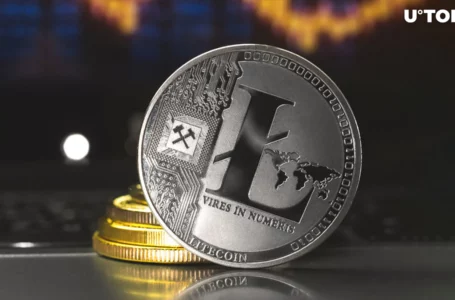
Voiceful member of the Dogecoin community Mishaboar has reiterated the ideas put out by Satoshi Nakamoto, the pseudonymous creator of Bitcoin, in reaction to a recent observation that highlighted privacy concerns.
Satoshi envisaged privacy, which is related to the concept of decentralisation, as stated in the initial whitepaper published in 2008.
Despite the transparency of the Bitcoin blockchain, Satoshi recognised the importance of privacy and suggested that users might preserve their anonymity by not disclosing their public keys.
According to Satoshi, the conventional banking paradigm provides a certain amount of privacy by restricting information access to the parties concerned and a reliable third party.
https://x.com/mishaboar/status/1786834912185557316
In contrast, Satoshi claims that privacy may still be preserved by obstructing the flow of information in another location, namely by maintaining the anonymity of public keys. This is the case with the Bitcoin network, where all transactions are made publicly known. Although there is no information connecting the transaction to any specific person, the public may observe that money is being sent to another person.
For every transaction, Satoshi suggests using a different key pair as an extra firewall to prevent them from being associated with the same owner.
What happened
A member of the Dogecoin community named Mishaboar recently tweeted something obvious, but frequently missed: privacy is equated with self-custody. According to him, the majority of blockchains, such as Dogecoin and Bitcoin, have public ledgers that are accessible to all users, making it possible for anyone to view and follow transactions.
According to Mishaboar, one of Satoshi Nakamoto’s recommendations for maintaining anonymity in the initial Bitcoin whitepaper was to refrain from reusing addresses. But wallet applications that are designed with this in mind are needed.
The outspoken member of the Dogecoin community gave one example: Wallets focused on privacy dissuade users from repeating addresses and are equipped with simple coin control functions. This does not seem to be the case, though, since many wallet applications continue to encourage the usage of a single address.


















